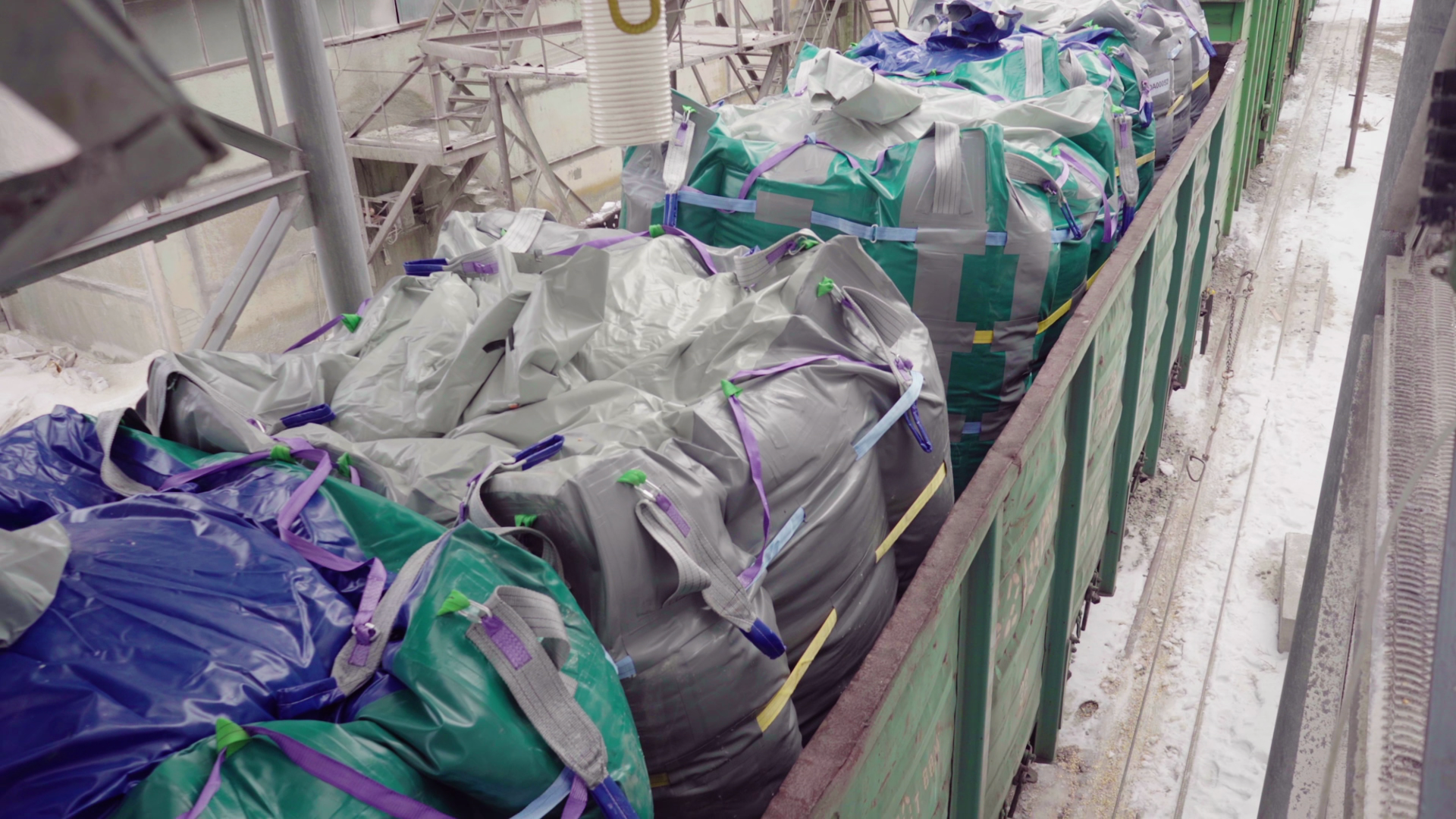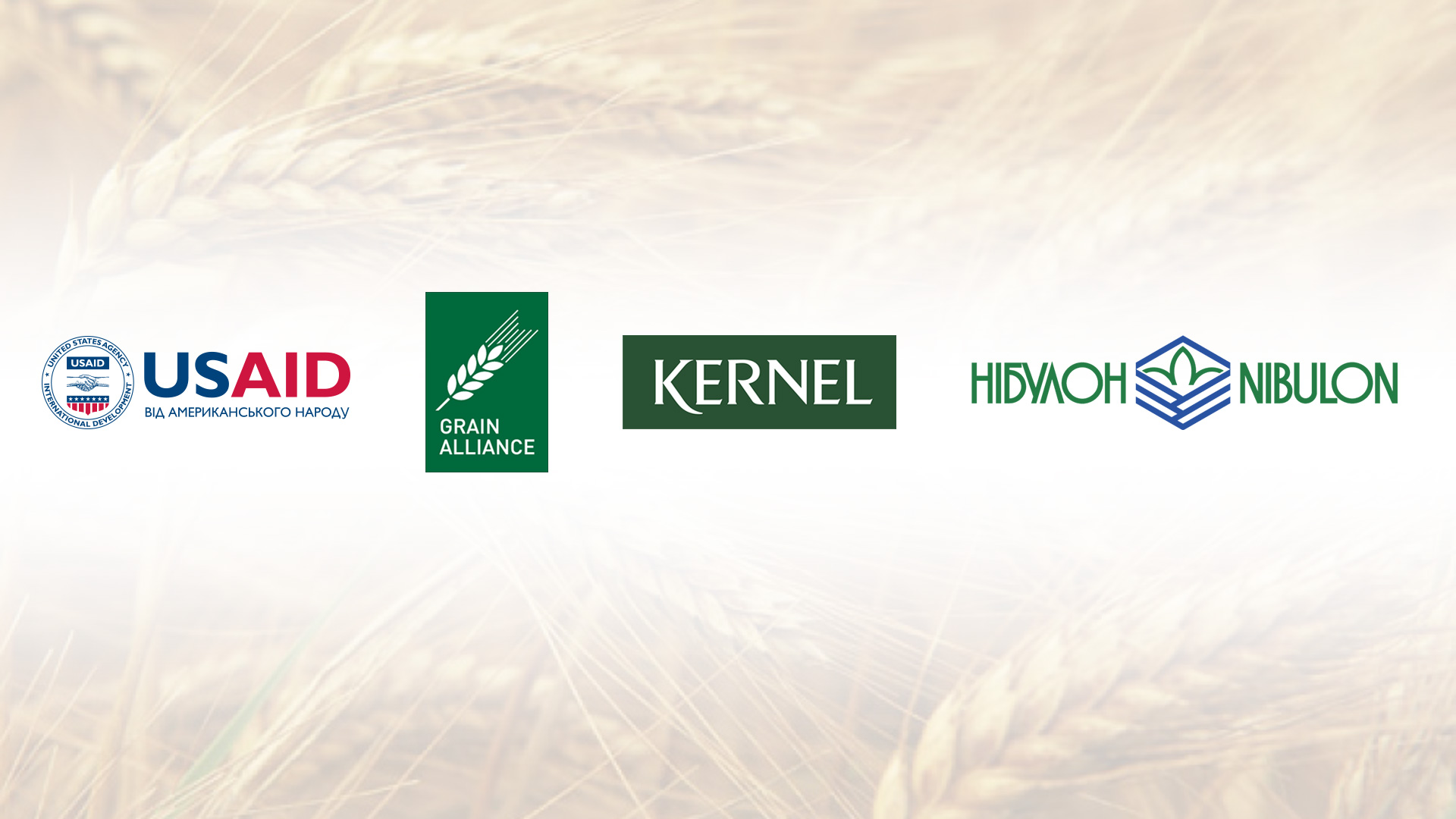ERA
Learning from One Year of Wartime Operations Pause and Reflect Workshop
Dates:
April 25, 26, 27, 2023 (Tues, weds, Thurs)
Time: 9am – 6pm local time – 11th floor conference room in same building with Hotel Reception
Три Сини та Донька in Carpathians, and others by video link from their homes
Meals at the hotel Carpathians:
|
Dates |
Breakfast |
Lunch |
Dinner |
|
April25 |
Y |
Y |
Y |
|
April26 |
Y |
Y |
Y |
|
April 27 |
Y |
Y |
Y |
BPA holder will pay for the hotel meals.
ERA P&R Facilitators:
Andrea Chartock
Participants: everyone:
Technical and ops, USAID invited, new DCOP,
Remote participation:
Males outside of country: (Stetsenko, Cherviakov, Oleh Miroshnichenko, O Sheludenkov, Andriy Shevtsov), Anastasiia, USAID invited
Objectives:
1. To get key actors on the ERA team (team leads, and sub-team leads) on the same page about ERA’s adjusted vision, planned level of spending, and priorities given the new realities of war since Russia’s invasion.
2. To revisit the best revised technical approaches given the evolving wartime needs.
3. To exchange ideas and come up with the best strategic approach to targeting beneficiaries under the changed area of operation.
4. To (a) plan for and orient towards a new USAID multi-implementing partner (IP) SME Economic Stabilization and Recovery Initiative (ESRI with 2 components: 1) economic recovery; and 2) Revitalization of newly liberated areas; and (b) To discuss selecting aligned indicators such as displaced businesses assisted and # of jobs saved.
5. To capture lessons learned and ensure their incorporation into upcoming activities in Year 5 interventions.
6. To map out the various tracks of priority near term results, intermediate results, and more complex longer-term sustainable programming results and the various steps that need to be taken to make sure all necessary steps are taken to keep all priority areas moving forward.
7. To brainstorm ideas for better strategically maximizing private sector engagement (PSE) and prioritizing a few key potential PSE partnerships in the coming year; think big about potential international partnerships
8. To foster camaraderie and teamwork between key staff members, following teams’ reorganization and over many months of remote work.
9. Re-assure the staff about new direction from USAID, safety, potential for success, clear and manageable path forward.
10. Stabilize the plan forward, operationalize the plan, find some promising examples.
11. Lay the groundwork for fielding new construction interventions.
12. Promote teamwork ethos of “regular timely actionable constructive feedback” and continuous improvement.
Guidelines:
· Set your instant messaging apps to “away” or “do not disturb”, put your phone on silent and turn your phone face down so you don’t see any alerts.
· Online participants, turn your microphone to “mute” during the presentations if you are not the presenter.
· Leave your questions/comments in the meeting chat indicating who should address it and then your question, for instance: “@Brian Milakovsky – (your question)”. Write your questions in English, Russian or Ukrainian.
· For live discussion, if you want to ask or to comment/add, please “raise hand” in Teams app, a facilitator will call your name, so you can unmute your microphone and speak.
AGENDA
|
Time |
Topic |
Speaker/ Facilitator |
Link |
|
Tuesday |
|
||
|
9:00 – 9:10 |
Welcome, big picture of what we want out of the |
Timothy Madigan |
|
|
9:10 – 9:15 |
Quick overview of the agenda and the logistics |
Andrea Chartock |
|
|
9:15 – 9:50 |
Brief introduce your neighbor to the group |
Andrea Chartock |
|
|
9:50 – 10:15 |
A changed ERA: how ERA has changed since the war |
Timothy Madigan with slides |
|
|
10:15 – 10:30 |
Coffee Break |
|
|
|
10:30-10:45 |
Wartime Priorities from USAID’s perspective (also |
Larissa Piskunova and/or Nate Bills (USAID) |
|
|
10:45 – 11:20 |
NLA high-level findings, actions and plans to date, |
Oleksandr Sheludenkov (remotely) |
|
|
11:20 – 11:40 |
Activating And Strengthening Ukraine’s
|
Brian Milakovsky (remotely) |
|
|
11:40-12:05 |
Grants Pipeline review and discussion of |
Valeria Sorokina |
|
|
12:05-12:30
|
Construction Pipeline and priorities |
Construction team to present what there is in the pipeline
|
|
|
12:30-1:02.5 |
O1 revised prioritized activities (15 mins Discussion Q&A, feedback, ideas
|
Volodymyr Moisyeyev and Vika S to present, Andrea to facilitate discussion |
|
|
1:02.5– 1:30
|
O2 Revised prioritized activities (15 mins
|
Volodymyr Cherviakov to present, Andrea to
|
|
|
1:30-2:30 |
Lunch |
|
|
|
2:30 – 3:15
|
O3 Revised prioritized activities (15 mins
|
Oleksandr Sheludenkov, Andrea to facilitate |
|
|
3:15 – 3:30 |
Coffee break |
|
|
|
3:30-4:00 |
Workforce development Revised prioritized activities (15 mins Discussion Q&A, feedback, ideas |
Snizhana presentation, Andrea to facilitate
|
|
|
4:00- 4:40 |
Comms Revised prioritized activities (15 mins 5 minutes intro from Tim on what kinds of things Discussion Q&A, feedback, ideas Question to technical team, how can comms help |
Vira
Tim
Andrea to facilitate |
|
|
4:40-5:00 |
High Level Presentation of AGRI, 7-solutions, |
Either Tim or Bill remotely? |
|
|
5:00- 5:40 |
Break for non-AGRI ERA staff — |
Stanislav, Andrea, Tim, Alexey By phone: Bill, Tom, Sally, |
|
|
6:00 – 8:30pm |
Dinner and team building event |
Ops team- Karaoke or Bowling |
|
| Wednesday |
|
||
|
9:00-9:15 |
Review of key messages and learning from the |
Andrea to facilitate |
|
|
9:15-10:15 |
Presentation of Labor Market Assessment, followed by discussion |
Snizhana Andrea to |
|
|
10:15 – 10:30 |
Coffee break |
|
|
|
10:30-11:00 |
Presentation of rapid assessment findings: Renewable
|
Andriy Zinchenko
|
|
|
11:00-11:15 |
High level presentation of planned biofuels, renewable energy solutions and energy efficiency
|
Andriy Zinchenko
|
|
|
11:15 – 11:35 |
Renewable energy solutions and energy efficiency (Discussion, including how it relates to other value chains and components) |
Andrea to facilitate |
|
|
11:35 – 12:35 |
Running through value chains, best and latest Honey I4M IT Produce/ vegetables |
Andrii Sheveliev & Ruslan Oleh M &/or Elvira Sergey, Natalia & Ivana A. Shevieliev |
|
|
12:35-1:30 |
Security Session |
Yaroslav Kasiuhnych |
|
|
1:30-2:30 |
Lunch |
|
|
|
2:30-3:15 |
Procurement challenges, fraud |
Tigran Yeghyan
|
|
|
3:15 – 3:30 |
Coffee break |
|
|
|
3:30-4:30 |
Revisiting Construction processes and project Brainstorming and discussing ways to improve a
|
Timothy Madigan to facilitate |
|
|
4:30-5:30 |
Vision: what Tim wants to see for successful Brainstorming and discussing ways to improve Session: Stepping back and thinking big for 1) Newly Liberated areas* 2) Displaced businesses (??) 3) Manufacturing 4) Other high impact ideas (wartime
|
Timothy Madigan to facilitate (Andrea to
|
|
|
6:00 – 8:30pm |
Dinner and team building event
|
Ops Team |
|
|
Thursday |
|
||
|
9:00: 9:10 |
Review of key messages and learning from the |
Andrea to facilitate |
|
|
9:10-10:15 |
Each sub-team runs through the originally |
Andrea Chartock |
|
|
10:15 – 10:30 |
Coffee break |
|
|
|
10:30 – 11:30 |
MEL where we are vis a vis targets indicators, |
Andrea, Oleksandra |
|
|
11:30 – 12:30 |
CLA and continuous improvement mindset, logs |
Andrea |
|
|
12:30 – 1:30 |
Brainstorming on key private sector engagement |
Andrea Chartock |
|
|
1:30-2:30 |
Lunch |
|
|
|
2:30-3:15 |
Lessons learned from a year of war, what works, |
Andrea |
|
|
3:15 – 3:30 |
Coffee break |
|
|
|
3:30 – 4:45 |
Discussion and summary of key learning and deciding |
Andrea Chartock, Notetaker |
|
|
4:45 – 5:05 |
Concluding remarks from COP |
Timothy Madigan |
|
|
|
|
|
|
|
6:00 – 8:00 |
Dinner and extracurricular activity |
Ops team |
|





